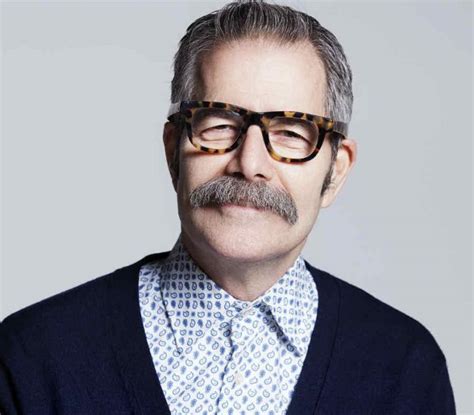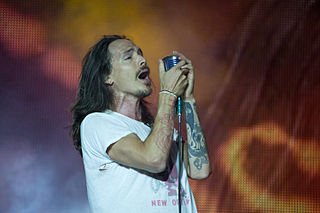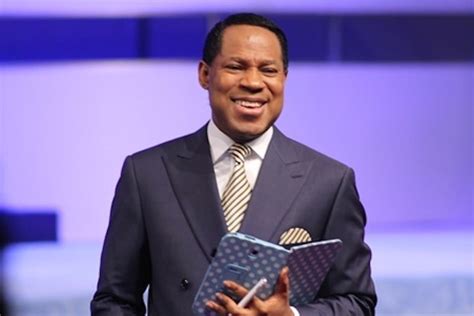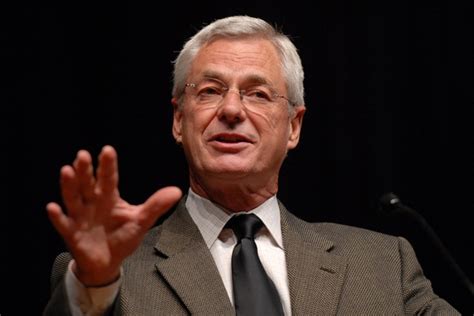A Quote by Queen Rania of Jordan
Now and always, hard-line policy and those who embrace it are vessels for darker forces that are at once self-cannibalizing and combustible. No good can come of them. They are unsustainable because their sense of righteousness denies human worth.
Related Quotes
True conversion means turning not only from sin but also from depending on self-made righteousness. Those who trust in their own righteousness for conversion hide behind their own good works. This is the reason that self-righteous people are so angry with gospel preachers, because the gospel does not spare those who will not submit to the righteousness of Jesus Christ!
It is human self-renunciation when a man denies himself and the world opens up to him. But it is Christian self-renunciation when he denies himself and, because the world precisely for this shuts itself up to him, he must as one thrust out by the world seek God's confidence. The double-danger lies precisely in meeting opposition there where he had expected to find support, and he has to turn about twice; whereas the merely human self-resignation turns once.
I think most generations tend to learn the lesson of war the hard way. There is a deep attraction to the empowerment. Freud is right: societies either become locked in a collective embrace of Eros, as individuals do, or a collective embrace of Thanatos, the death instinct. They swing between the two. The notion that societies are naturally prone toward self-preservation is wrong. Self-annihilation can be deeply addictive, intoxicating, enticing. So I take a darker view of human nature, that war is probably always going to be with us. I think history bears me out.
Don't let a grade decide your self-worth. Personally, in my opinion, someone should gauge their self-worth on what they've accomplished that makes them feel good... not in the hedonist aspect, but in the sense of personal accomplishment, as far as what they've accomplished for them, as far as their self-development and creativity is concerned.
My background is such that I am uneasy about religious laws, I think there's always a real danger when you start appealing to a higher authority. It's self-righteousness, it's not righteousness, it's self-righteousness that takes control. But I think that it's absolutely crucial that that's not confused with the debate that takes place over Shari'a law in Great Britain at the moment. Because as far as anybody is concerned, when you talk about Shari'a courts now you're talking about - I don't know what people think.
When the Holy Spirit comes to live within you, He will come with the ability to produce righteousness. Righteousness is the nature of God, which when imparted to the human spirit, produces the rightness of God in the human spirit. It gives man right standing with God; it gives him the ability to stand in the presence of God without a sense of guilt, inferiority or condemnation. It means rightness in God. The righteousness of God is wrought in you.
In her presence, I was reminded again of why I was an anoretic: fear. Of my needs, for food, for sleep, for touch, for simple conversation, for human contact, for love. I was an anoretic because I was afraid of being human. Implicit in human contact is the exposure of the self, the interaction of the selves. The self I'd had, once upon a time, was too much. Now there was no self at all. I was a blank.
It seems to me there is less meanness in atheism, by a good measure. It seems that the spirit of religious self-righteousness this article deplores is precisely the spirit in which it is written. Of course he's right about many things, one of them being the destructive potency of religious self-righteousness. (p. 146)
That's the trouble with awards for a body of work. They always come at both a good time and a wrong time. Good because they tell you what you've been doing was worth the doing and wrong because they ought to come when you're young and excited and hungry for assurance that what you're doing is worth the doing.






































